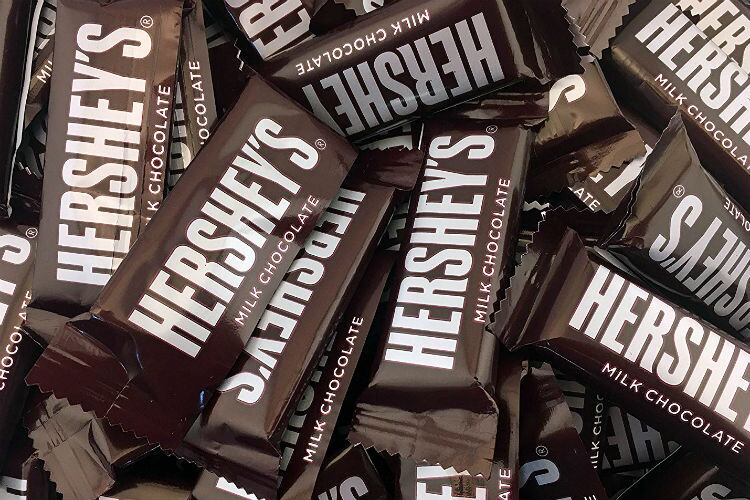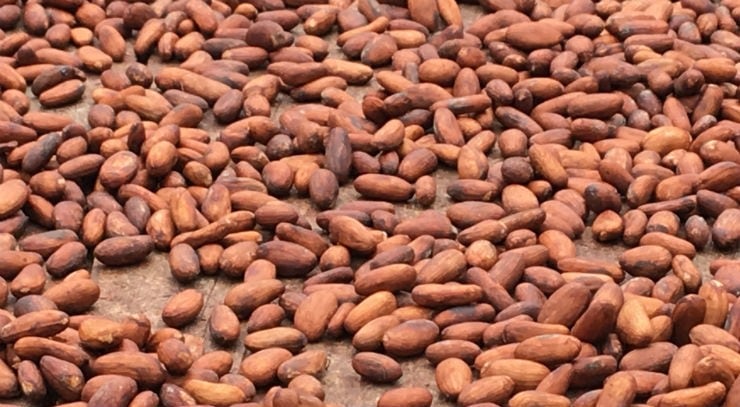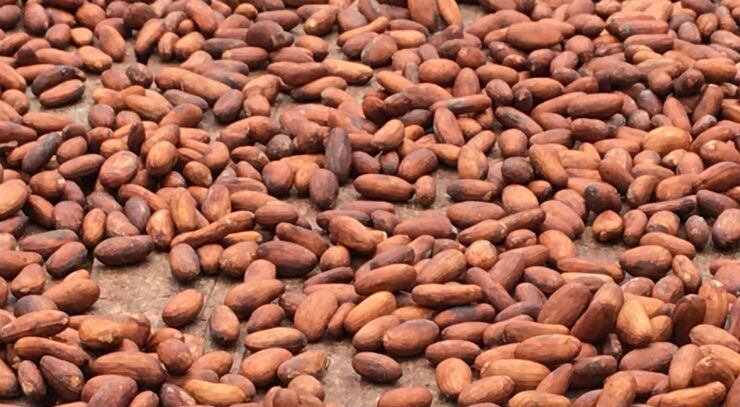The LID has been generally supported by chocolate companies and organizations such as the World Cocoa Foundation, but reports indicate that the two African countries are once again threatening to suspend cocoa companies’ sustainability schemes if companies try to avoid paying a premium.
Support for the LID by the main cocoa companies was one of the conditions from the Le Conseil du Café Cacao and Ghana Cocoa Board (Cocobod), representing Cote d’Ivoire and Ghana, respectively, that the sustainability programmes would co-exist with the LID and complement each other.
'Name and shame'
Speaking last week at the WCF virtual Partnership Meeting and before the news broke of the Hershey move, Cocobod Executive Officer Joseph Boahen Aidoo said he is prepared to “name and shame” firms not supporting the LID or trying to collapse the premium price of cocoa – but refrained, for now, from calling for a suspension of sustainability programmes.
Companies including Mars Wrigley, Mondelez intenrational, Barry Callebaut, Hershey’s and Nestlé have invested heavily in their own voluntary certification schemes as a response to pressure from consumers for ethically sourced chocolate.
Aidoo told the WCF Meeting that the LID has a far greater universal impact on alleviating farmer poverty, whereas the companies’ sustainability programmes only help a small proportion of African cocoa farmers.
"Not all the brands have walked the talk," he said.
Traders said Hershey asked and obtained an exemption from ICE to sharply exceed delivery limits, sending prices up by 20%.
“The exchange right now is the cheapest place to buy cocoa,” a US-based broker, told Reuters, indicating Hershey’s move was justified by lower prices compared to “the hefty African premiums”.
Hershey, along with the other big chocolate companies, buy cocoa primarily in the physical market (using traders and intermediaries to buy directly from the source).
The futures market for cocoa is typically utilized for buyer hedging or hedge fund speculation, not procuring physical beans. Beans sourced from the exchange don't incur the LID premium, saving buyers hundreds per tonne.
A spokesperson for hershey told ConfectioneryNews: "While we do not discuss details of our specific buying and hedging activities, we buy cocoa from a variety of suppliers and sources to meet our ongoing business needs. Our commodity purchases and strategies ebb and flow with our business needs and demand for our products. However, we do not discuss specific details for competitive reasons. Sometimes our purchases are based on hedging pricing fluctuations in the market and sometimes our purchases are based on ensuring sufficient supply to meet our needs well into the future, especially in times of uncertainty."
Hershey said it has long supported initiatives that improve the incomes and livelihoods of farmers.
"This includes supporting and participating this year in the Ivorian and Ghanaian Living Income Differential as we buy 2020/2021 season cocoa based on the needs of our business. All 2020/2021 cocoa purchased within our supply chain since the implementation of the LID in West African countries includes this price premium. Beans sold prior to the implementation of the LID would not include the premium."
Cocoa prices have already suffered because of the coronavirus pandemic and a reduction in demand for chocolate, meaning African countries have struggled to sell their crop with the premium, which has been introduced for the 2020-21 crop season.
“The move by Hershey was smart and a perfectly legitimate use of the futures market,” Derek Chambers, a former head of cocoa at Sucden, told Bloomberg.
Analysts estimate that that Cote d’Ivoire and Ghana cocoa sales are 500,000 tonnes down for this time of year.
Hershey's spokesperson added that it remains "deeply committed to our substantial cocoa sustainability work with producer governments on our mutual goals to tackle the root causes of poverty that put youth at risk as well as ending deforestation. In addition to paying the Ivorian and Ghanaian Living Income Differential to help increase farmers’ income from cocoa, Hershey is investing in farmer training to enable growing more cocoa on less land and improving productivity, which helps address poverty, the main driver of labour issues in cocoa. Hershey is also helping farmers diversify their incomes with alternative crops and other income-generating activities as well as paying farmers a premium for their cocoa."
Sources:
https://www.fool.com/investing/2020/11/22/hershey-causes-a-chocolate-futures-melt-up/




